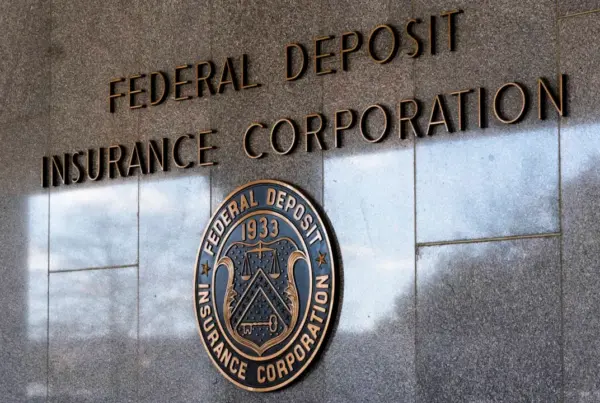I. Introduction
In an ever-evolving regulatory landscape, the Federal Deposit Insurance Corporation (FDIC) plays a crucial role in maintaining the safety and soundness of financial institutions. One of the recent significant developments involves the proposed rules on brokered deposits, which are pivotal in liquidity management for banks. On October 8, 2024, the FDIC announced a 30-day extension of the comment period for these proposed regulations, allowing further input from stakeholders. This legal memorandum will delve into the intricacies of this extension, exploring its implications for financial institutions and suggested actions to navigate the impending regulatory changes effectively.
II. Key Points of the FDIC Guidance
The FDIC’s decision to extend the comment period for the Notice of Proposed Rulemaking (NPR) until November 21, 2024, underscores the importance of comprehensive stakeholder engagement. This extension is crucial in addressing multiple facets of the proposed amendments, which aim to bolster prudential protections as set forth in the Federal Deposit Insurance Act. The proposed rules primarily seek to enhance regulations around brokered deposits, a move that reflects the agency’s commitment to ensuring systemic financial stability. Financial institutions must recognize that this guidance is pertinent to all FDIC-insured entities, underscoring the necessity for widespread compliance and active participation in the regulatory discourse.
III. Implications for Financial Institutions
The extended comment period offers financial institutions a unique window to navigate the potential impact of the proposed brokered deposit amendments. One of the key implications lies in the prospect of increased regulatory scrutiny, which may necessitate significant adjustments in funding strategies and liquidity management. Institutions should brace for the possibility of stricter compliance requisites, as the amendments aim to preemptively address safety concerns inherent in brokered deposits. Furthermore, the opportunity for stakeholder input can be leveraged to shape the final rule, allowing institutions to voice concerns and suggest modifications that align with operational realities. Therefore, proactive engagement in this regulatory process is paramount.
IV. Recommended Actions
- Thorough NPR Review: Institutions must diligently review the NPR to gain a comprehensive understanding of the proposed changes and evaluate their potential effects on operations.
- Comment Preparation: Preparing and submitting well-considered comments by November 21, 2024, is essential. Feedback should be detailed, focusing on how the proposed rules may influence practices and any issues related to their implementation.
- Current Practice Assessment: Conducting an internal review of existing brokered deposit operations is vital to identify areas requiring modification to align with the anticipated regulations.
- Legal Counsel Engagement: Consulting with legal experts ensures that comment submissions and operational adjustments are legally sound and fit regulatory expectations.
- Development Monitoring: Staying informed about FDIC updates is crucial for timely adaptation to any changes in brokered deposit regulations.
V. Conclusion
The FDIC’s extension of the comment period represents a critical opportunity for financial institutions to actively participate in shaping the regulatory environment regarding brokered deposits. By engaging in thorough review processes, submitting informed comments, and assessing current practices, institutions can strategically position themselves for compliance and operational efficiency. As regulations evolve, proactive engagement, coupled with legal guidance, will be pivotal in navigating the complexities of these proposed amendments. Additionally, continued vigilance in monitoring regulatory developments will enable institutions to adapt swiftly and effectively, ensuring alignment with emerging compliance standards and fostering enduring financial stability.


